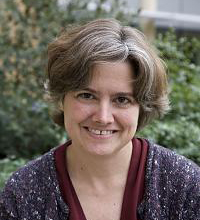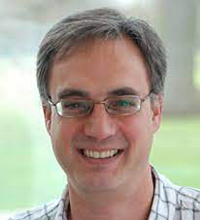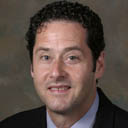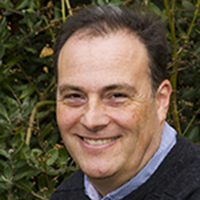
The four Centre members join over 60 outstanding scientists from all over the globe who have joined the Royal Society as Fellows and Foreign Members. The distinguished group of scientists consists of 52 Fellows, 10 Foreign Members and one Honorary Fellow and were all selected for their exceptional contributions to science.
Their achievements and research are diverse and range from the detection of a new type of neuron in the human brain and the design and development of new vaccines for globally important infectious diseases to a new way of looking at Einstein’s theory of general relativity and contributing to understanding the link between the increase in sea levels and global warming.
Professor Julie Ahringer FMedSci FRS, is Director and a Senior Group Leader of the Gurdon Institute, and member of our Cell and Molecular Biology Programme.Professor Ahringer has made wide-ranging contributions to molecular genetics through her work on the nematode C. elegans. She carried out the first systematic inactivation of all the genes in any animal, which pioneered genome-wide reverse genetic screening.
Her research has illuminated our understanding of the processes underlying cell polarity and gene expression. This includes showing that spindle positioning is controlled by heterotrimeric G protein signalling, discovering a connection between chromatin marking and mRNA splicing, and most recently revealing mechanisms and principles of genome organisation and gene expression regulation.
“I am honoured to be elected as a Fellow of the Royal Society,” said Prof Ahringer. “Much of science today is done in teams, and this reflects the tremendous contributions of my past and present lab members.”
Dr Peter Campbell FMedSci FRS, is Head of the Cancer, Ageing, and Somatic Mutations Programme st the Wellcome Sanger Institute (and Wellcome-MRC Stem Cell Institute), and a member of our Haematological Malignancies Programme.Peter Campbell was an early adopter of genomic technologies to study the underlying mechanisms of cancer and his work has led the development of an entirely new approach to investigating cancer.
Professor David Rowitch FMedSci FRS, is Head of the Department of Paediatrics, and member of our Neuro-Oncology Programme.Professor Rowitch’s basic and translational research on glial cells, comprising 90% of cells in the human brain, has been transformative. Rowitch’s established how embryonic central nervous patterning specifies myelinating oligodendrocytes through essential functions of Olig2, a study that helped initiate genetic methodologies in glial biology, and how astrocyte functional diversification is critical for support of neural circuits in the spinal cord. He has applied a developmental neuroscience perspective to better understand human neonatal brain development and white matter injury in premature infants, multiple sclerosis and leukodystrophy.
Prof Rowitch said: “It is a great honour to be elected to the Fellowship of the Royal Society, joining many of my esteemed Cambridge, and other scientific, colleagues.”
Professor Benjamin Simons FRS, is Royal Society EP Abraham Professor in the Department of Applied Mathematics and Theoretical Physics, a Senior Group Leader of the Gurdon Institute and a member of our Aerodigestive Cancer Programme.As a theorist, Professor Simons has contributed to a diverse range of fields, from quantum condensed matter physics to developmental and cancer biology. His research translates concepts and approaches from statistical physics to gain predictive insights in the collective dynamics of complex systems. In biology, his studies have revealed common mechanisms of stem cell regulation, and how these programmes become subverted during the early phase of tumour growth.
Prof Simons said: “I am delighted to be elected to the Fellowship. I hope that my election may serve to emphasise the value of multidisciplinary research that stands at the interface between physics and the life sciences.”



















